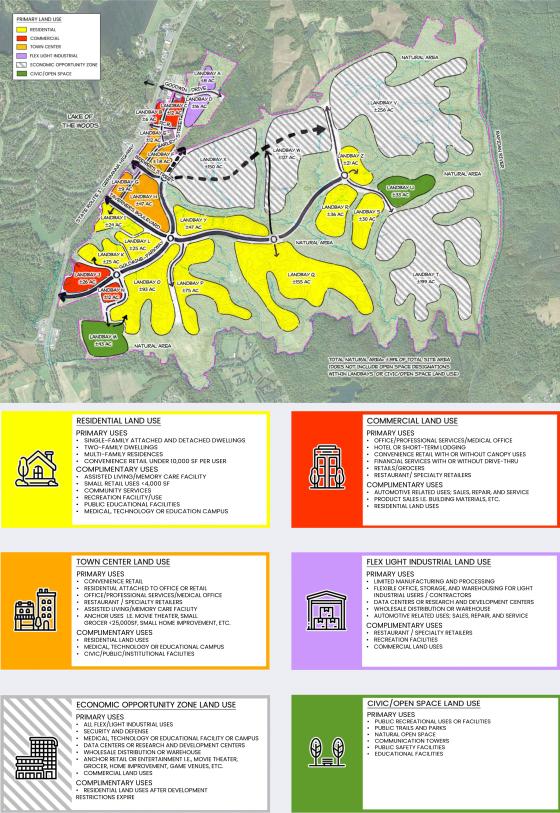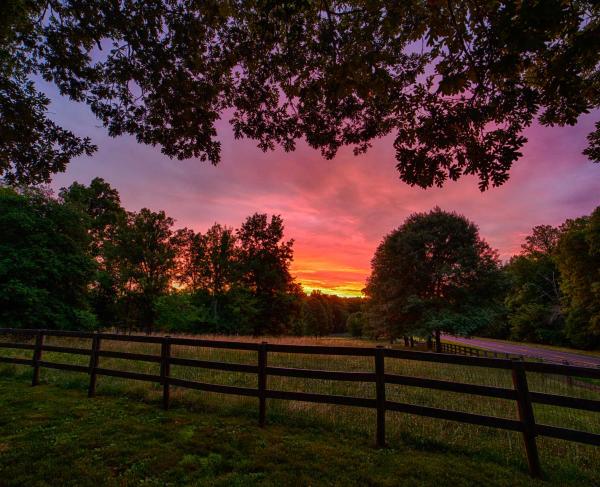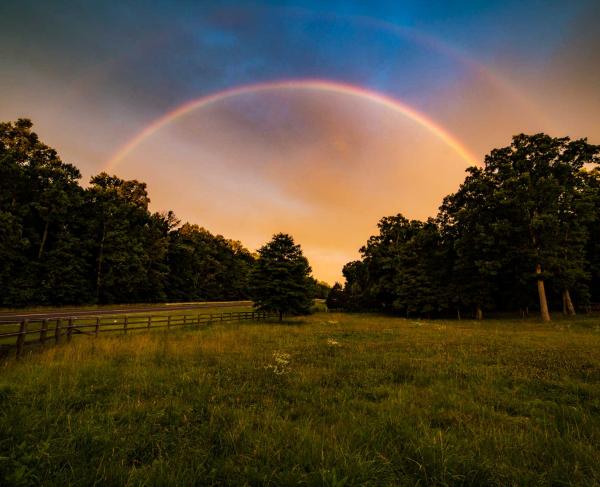American Battlefield Trust, Local Preservation Groups Demand Answers to Hasty, Unlawful Approval of Amazon-Backed Wilderness Crossing Project
Jim Campi, (202) 367-1861 x7205
Mary Koik, (202) 367-1861 x7231
(Orange, Va.) — The American Battlefield Trust, along with several nonprofit preservation groups and private citizens, has filed a demand for sworn responses and documents from Orange County and its Board of Supervisors as part of an ongoing lawsuit related to the unlawful approval of the Wilderness Crossing mega-development. This process moves in parallel to a second suit against the County tied to the project filed by the Piedmont Environmental Council (PEC) over alleged violations of the Virginia Freedom of Information Act that prompted the revelation that Amazon has been behind the controversial proposal since at least April 2022.
This discovery demands that the Board produce all proposed plans for the Wilderness Crossing project, much of which should have been previously disclosed to the public. They must also explain troubling contentions that 1) the noise, odor, light, diminished views and runoffs that would be caused by development of more than 2,600 acres of residential, commercial and industrial space, including data centers and distribution warehouses, are “not actual harms” to area landowners and that 2) a last-minute six-fold increase in permitted square footage of industrial data center and warehouse distribution building space, among other changes, did not “materially affect” the “overall proposal.”

On the same evening it first appeared on the Board’s agenda, the Wilderness Crossing project — by far the largest rezoning in Orange County history — was approved despite overwhelming public opposition. It would result in the construction of up to 5,000 residences and hundreds of acres of industrial and commercial development, including structures that would rise 80 feet or more in height.. The project would be built in four phases across four decades, virtually all on land that is within or adjacent to the historic boundaries of the Wilderness Battlefield, threatening irreplaceable historical and archaeological resources and diminishing the appreciation of surviving resources.
The plan voted on by the Board of Supervisors differed significantly from what was discussed and advanced by the Planning Commission just a few weeks prior. Those changes included a massive increase in permitted square footage of industrial data center and warehouse distribution building space, from five million to more than 30 million. Yet, much of this extremely pertinent information was intentionally obscured and not appropriately evaluated, in clear violation of Virginia law.
The project was greenlit without analysis of impacts on historic or cultural resources, or analysis of the potential impact on the environment or disturbance of abandoned gold mines, the lawsuit contends. “This failing is shocking, given prior findings … of 15 known, unreclaimed gold mining sites that contain substantial contaminants, such as mercury, arsenic, cadmium and lead,” according to the lawsuit.
Plagued by unanswered questions about environmental impacts, infrastructure suitability and destruction of historical and cultural resources in communities across the Commonwealth, organizations like the Trust, PEC, Preservation Virginia and the National Parks Conservation Association have banded together to create the Virginia Data Center Reform Coalition. The group urges the state to study the cumulative effects of data center development and to institute common sense regulatory and rate-making reforms for this industry. Goals include more transparency around land-use decisions, mitigation of negative environmental impacts and assurances that developers bear the cost of new transmission lines and substations, not taxpayers.
Among the 18 specific demands for sworn statements served on November 22, 2023, were for the County to:
- Reveal the identity of all those who have entered into confidentiality or non-disclosure agreements regarding the Wilderness Crossing project or related rezoning.
- Explain how tax breaks granted to the developer against the increased value of the rezoned land comply with the Virginia Constitution’s equality of taxation requirements.
- Identify all changes between the project details considered and recommended by the Planning Commission in March 2023 and last-minute amendments approved by the Board of Supervisors, addressing whether the changes “materially affect” the “Wilderness Crossing’s ‘overall proposal.’"
“We will not rest until there is full disclosure of the backroom deals that led to the approval of this project, accountability for those who made those deals, and, ultimately, appropriate protections of the Wilderness,” said Trust President David Duncan. “We trust the court will agree there were clear violations of process and transparency, and put the brakes on this wildly irresponsible plan to be more thoughtfully and carefully reconsidered.”
The Trust was joined by the nonprofit Central Virginia Battlefields Trust, Inc. and Friends of Wilderness Battlefield, Inc. in bringing the lawsuit. All three own or steward historic properties in immediate proximity to the rezoned land and stand to suffer significant adverse impacts from the proposal. Private citizens whose homes directly abut the site and face catastrophic consequences also joined as plaintiffs.
This is not the first threat to the Wilderness Battlefield. In 2009, Walmart planned to build a Supercenter at the intersection of Route 3 and 20 — next to the area now threatened. Facing opposition from preservationists, Walmart ultimately donated the site for conservation and built its store further west on Route 3. Following that dispute, the Wilderness Battlefield Coalition produced the Wilderness Battlefield Gateway Study, a 2012 report envisioning a viable development path for the region and many of its recommendations were adopted by Orange County in its Germanna-Wilderness Area Plan. However, these mutually agreed upon principles have been abandoned in the Wilderness Crossing development proposal.
The American Battlefield Trust is dedicated to preserving America’s hallowed battlegrounds and educating the public about what happened at those sites and why it matters today. The nonprofit, nonpartisan organization has protected more than 57,000 acres associated with the Revolutionary War, War of 1812 and Civil War across 155 sites in 25 states. Learn more at www.battlefields.org.


